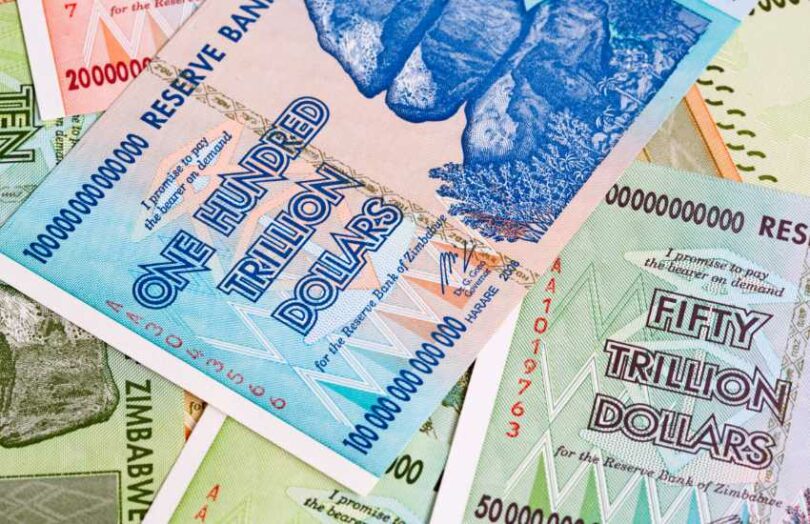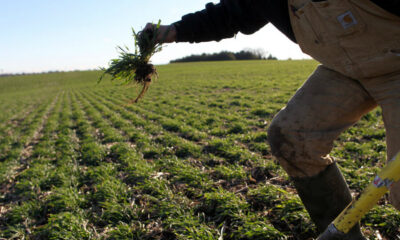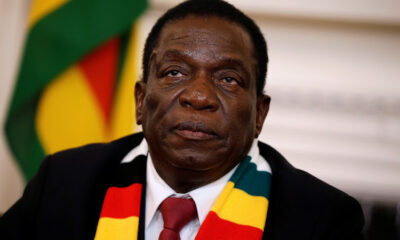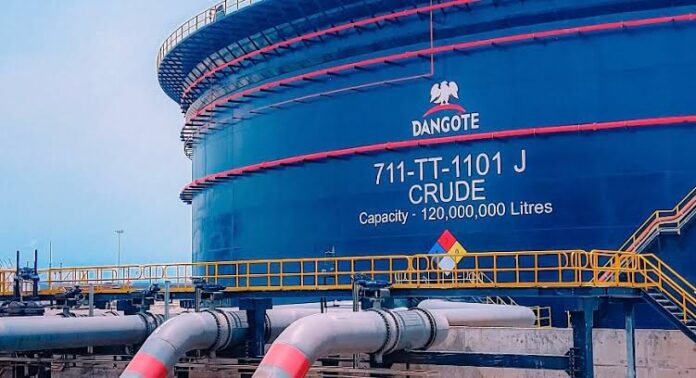In an indication to traders that the activities of its mega-refinery might soon disrupt regional fuel markets, Nigeria’s private Dangote Petroleum Refinery has started exporting refined petroleum products to neighbouring West African nations.
According to a Bloomberg story on Tuesday, a tanker had transported a consignment of petrol from the Dangote Petroleum Refinery to seas off the coast of Togo, a nearby West African nation. The article cited data from Vortexa, Kpler, Precise Intelligence, a port report, and a ship-tracking tool.
According to the source, a CL Jane Austen recently departed west after loading over 300,000 barrels from Dangote.
Recall that Mustapha Abdul-Hamid, the chairman of the Ghana National Petroleum Authority, stated last month that the nation is thinking of purchasing petroleum products from the Dangote refinery in order to reduce the approximately $400 million it spends each month on more costly exports from Europe.
Speaking at the OTL Africa Downstream Oil Conference in Lagos, the chairman of NPA, Ghana, said that by eliminating freight expenses, buying from Nigeria instead of Europe will lower the cost of other products and services.
“If the refinery reaches 650,000bpd a day capacity, all that volume cannot be consumed by Nigeria alone, so instead of us importing as we do right now from Rotterdam, it will be much easier for us to import from Nigeria and I believe that will bring down our prices,” Hamid said.
Two weeks ago, it was announced that the refinery would start exporting fuel to Namibia, Angola, and South Africa. Four more African nations—Niger Republic, Chad, Burkina Faso, and Central Africa Republic—had also begun talks with the refinery, it was said.
According to a very reliable source who spoke directly to one of our reporters, the management of the refinery with a capacity of 650,000 barrels per day was in the advanced stages of negotiations with the nations to begin lifting petroleum.
“I can confirm to you that talks are actually at the advanced stage with Ghana, Angola, Namibia, and South Africa, while the initial discussion is coming up with Niger, Chad, Burkina Faso, and the Central African Republic,” the source said.
The petroleum product shipment is currently floating off the coast of Lome, which is a well-liked location for ship-to-ship transfers, according to the source.
Furthermore, the final destination of the cargo of the CL Jane Austen is uncertain.
Despite being off Togo, the region is frequently utilised for ship-to-ship transfers, thus the gasoline may eventually be transported elsewhere.
“While the shipment is tiny in the context of the global gasoline market, it signals the ramp-up of Dangote’s production and the potential to export significant volumes of gasoline beyond Nigeria, which could upend regional markets.”
Last month, the refinery sent its first shipment of petrol by sea to Lagos, a neighbouring commercial centre.
Under the regulatory statute, the Federal Government last month terminated the state-owned oil company’s monopoly on purchasing gasoline from the plant for domestic use, but it has permitted the ongoing importation of fuel from the US and Europe.


 Metro1 day ago
Metro1 day ago
 Sports1 day ago
Sports1 day ago
 Culture1 day ago
Culture1 day ago
 VenturesNow1 day ago
VenturesNow1 day ago





























